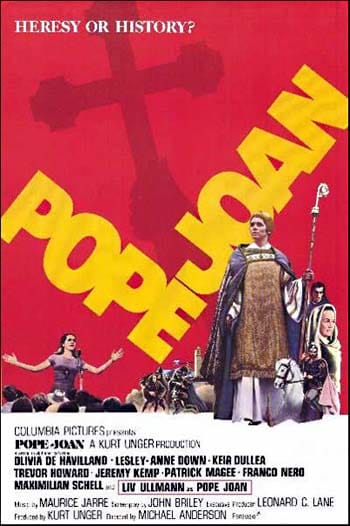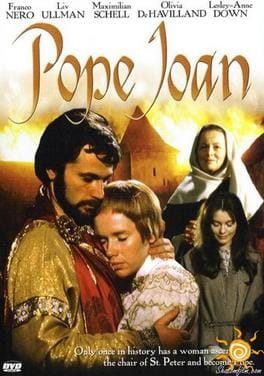The Real Pope Joan?

There is no really satisfying explanation for how the legend of Pope Joan came into being, which is as it should be. It probably began as a folk tale that somehow got out of hand when the Polish Dominican writer, Martin of Opava (who died in 1278) enhanced the story with many details. It became the basis of the early Tarot cards where she was known as La Papesse, i.e. Female Pope. By the early 20th century, the popular Rider–Waite Tarot of 1909 had changed the card to the less Catholic-centric The High Priestess.
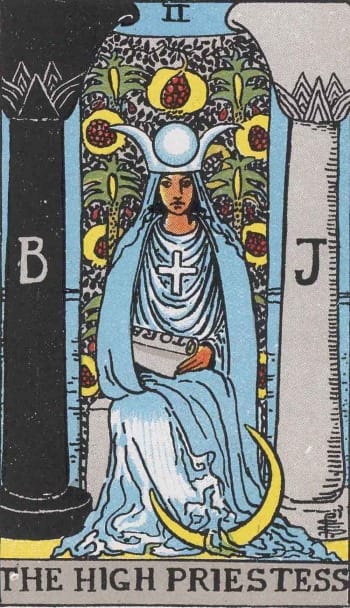
Back in the 9th and 10th centuries, popes were chosen by powerful Roman families who picked their own people, so the idea that an outsider would have been chosen seems unlikely. So, in keeping with the mythologizing, I like to speculate, without a scrap of solid evidence, that one of Martin of Opava's sources may have been the Benedictine monk Rabanus Maurus, who was a prominent theologian, teacher and writer and archbishop of Mainz, who died in 856, around the same time as Pope Joan. Like Joan, there is a legend that although German by birth, Rabanus may have been from Ireland or Scotland and his career is associated with both Mainz and Fulda.
Rabanus studied in Tours under the elderly Alcuin of York, about whom sexual identity issues were rife (his writings suggest Alcuin was homosexual), and then, again like Joan, he traveled throughout the Eastern Mediterranean, to Palestine. He was revered for aiding the poor during times of famine and, like Joan, there was an attempt on his life. Moreover, he supported the place of women in the church, citing the importance of the Jewish prophet and judge Deborah (in The Book of Judges), which definitely makes him suspect. His publications included the encyclopedia On the Nature of Things and Life of Mary Magdalene, in which he told the story of how Mary arrived in Provence in a leaky boat and how Joseph of Arimathea traveled to Britain (the first such reference to this legend).
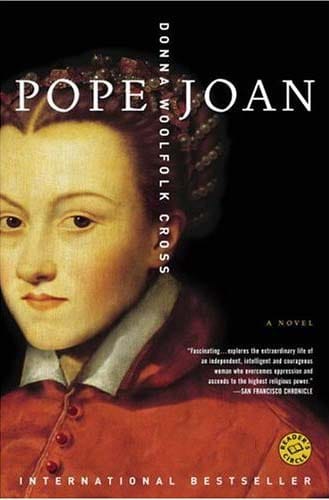
Donna Woolfolk Cross argues in Pope Joan: A Novel (1996) that she was a woman named Johanna von Ingelheim. Her book was made into a film in Germany in 2009 (below). On the non-fiction side, there is The Myth of Pope Joan by Alain Boureau (originally in French and now translated into English) which attacks the legend, and The Legend of Pope Joan: In Search of the Truth by Peter Stanford, which defends it.
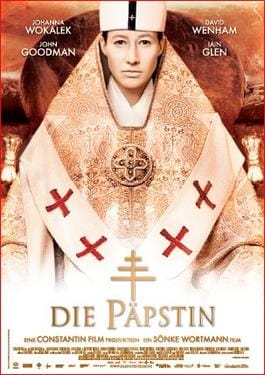
There was an earlier film in 1972. The screwed up saga of the fate of Pope Joan - with its stellar cast - is (appropriately) too complex to describe here, so below are the original film poster and the later DVD cover for a reedited version.
